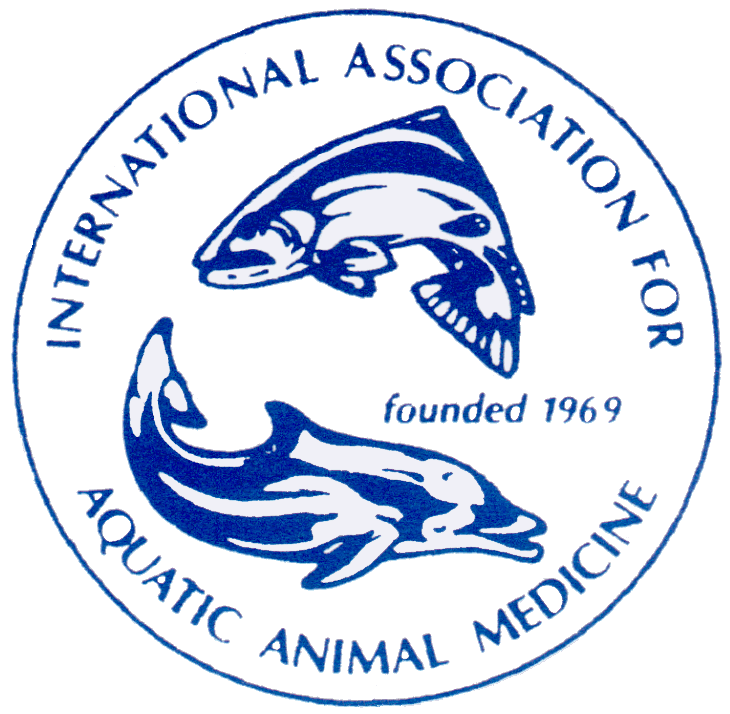The IAAAM Student Liaison Committee is pleased to announce the five awardees for the 2016 Student Travel Award Competition:
- Dr. Laura Thompson, a post-doctoral fellow at Mystic Aquarium, for her work: Complement Activitation in Belugas (Delphinapterus leucas) and Harbor Seals (Phoca vitulina) in Response to Nitrogen Bubbles; Evidence of a Less Reactive Immune Response in Deep vs. Shallow Diving Marine Mammals
- Dr. Susan Fogelson, a Ph.D. student at the University of Georgia, for her work: In Vitro Antimicrobial Susceptibilities of Genomically Characterized Aquatic Mycobacterium chelonae-abscessus Complex Isolates
- Dr. Molly Martony, the veterinary intern at the National Marine Mammal Foundation & Sea World San Diego, for her work: Establishing Marginal Lymph Node Ultrasonographic Characteristics in Healthy Bottlenose Dolphins (Tursiops truncatus)
- Megan Strobel, a veterinary student at the University of Florida, for her work: Auditory Evoked Potentials and Behavioral Considerations with Hearing Loss in Small Cetaceans: Application as a Standard Diagnostic Test In Health Assessment
- Dr. Estelle Rousselet, a veterinary resident at the University of Florida, for her work: Clinicopathological Findings and Immune Function in Florida Manatees (Trichechus manatus latirostris)
The Student Liaison Committee congratulates the awardees and we look forward to seeing their presentations at our upcoming conference!
